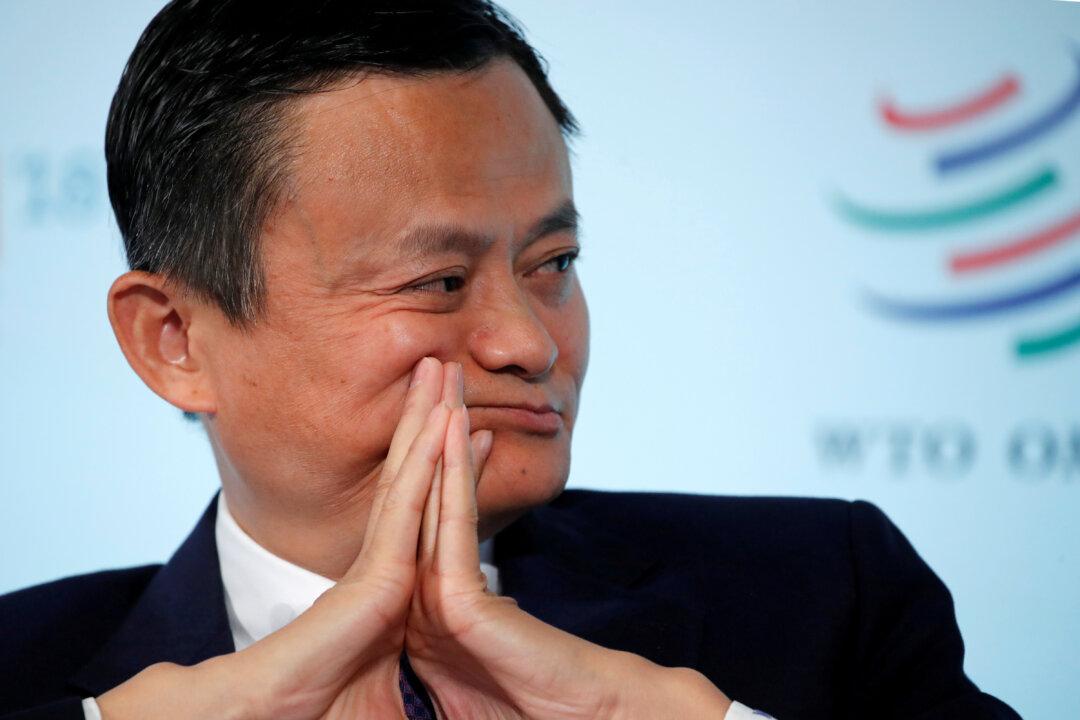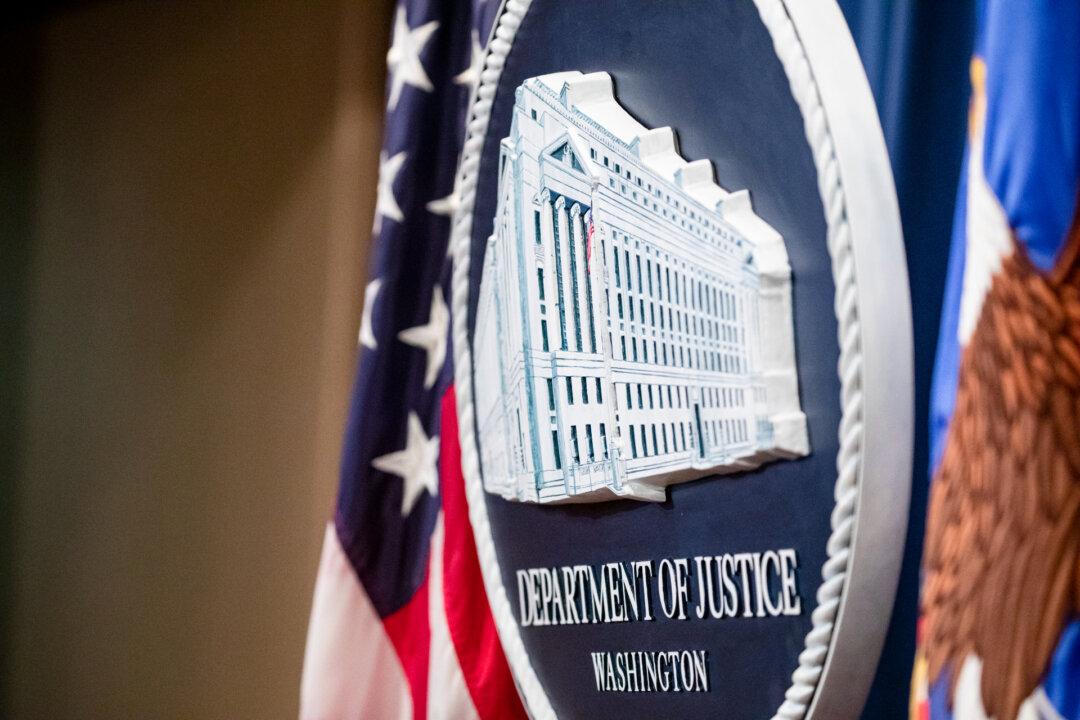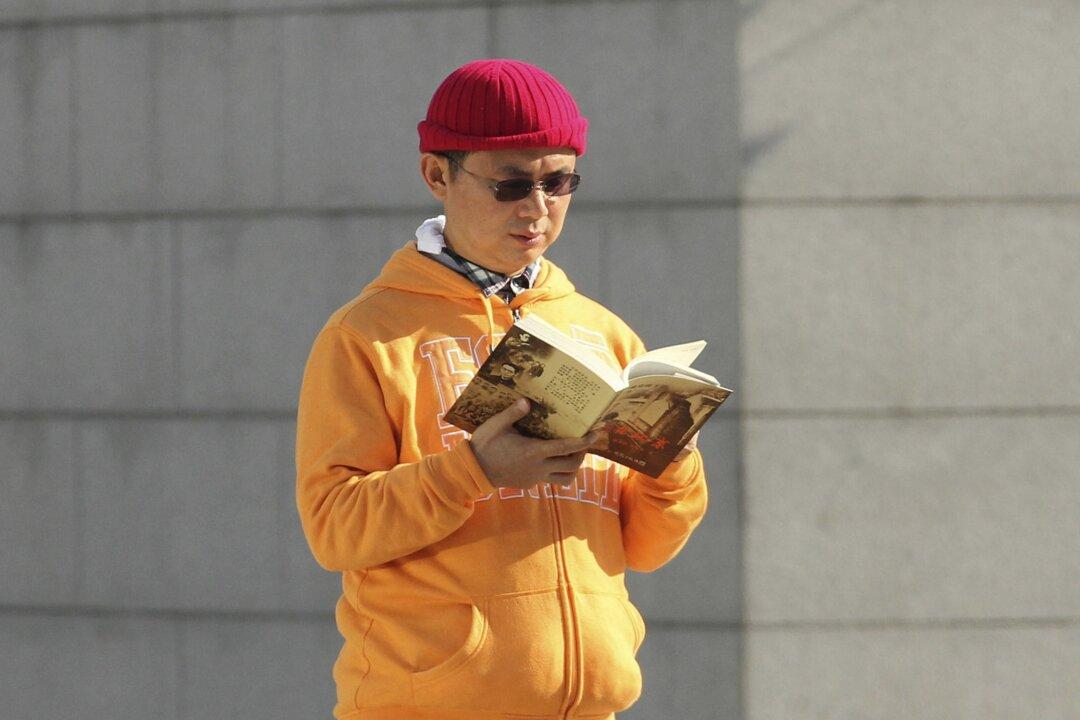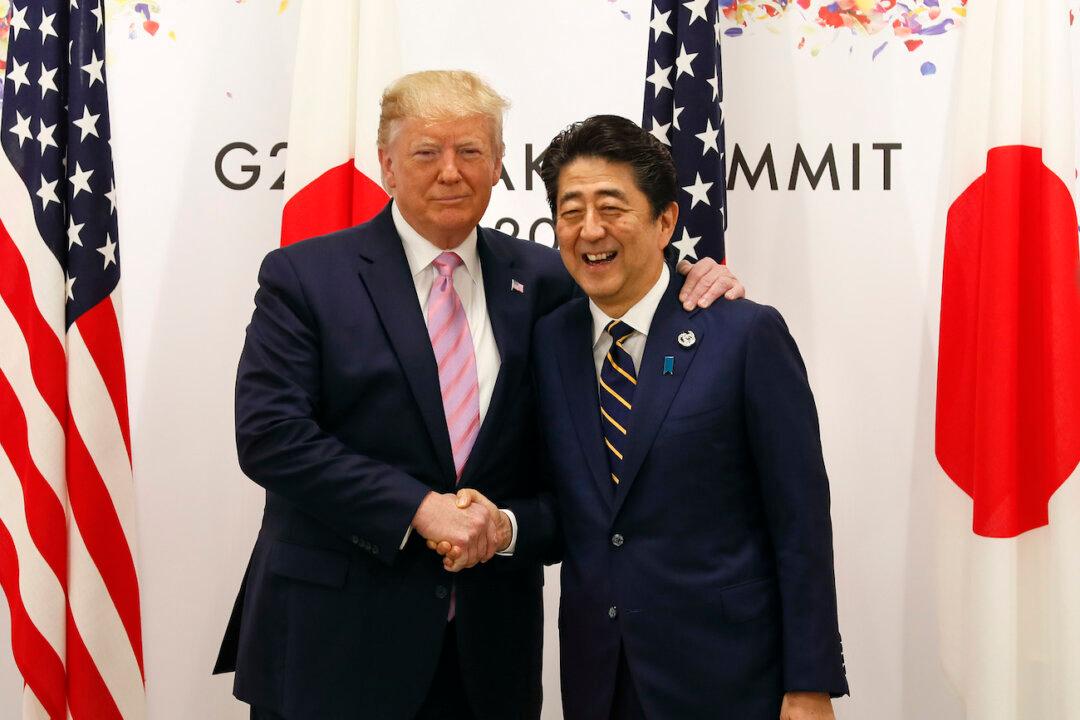Antitrust Crackdown
The State Administration for Market Regulation’s annual report on “China’s anti-monopoly law enforcement,” showed that in 2019, authorities initiated 103 monopoly cases and closed 46 cases. Companies were fined a total of 320 million yuan (about $49 million).
The report also mentioned that investigations into many well-known multinational companies with operations in China will be pushed forward, including Samsung (South Korea), Hynix (South Korea), Micron (USA), DuPont (USA), and Ericsson (Sweden).
The agency also listed 10 examples of companies that were fined due to their violations of “anti-monopoly laws”: the Sino-U.S. joint venture Chang’an Ford Automobile Co. was fined 162.8 million yuan (about $25 million) in June 2019; Japan-owned Toyota Motor (China) Investment Co. was fined more than 87.61 million yuan (about $13 million) in December 2019; and the U.S.-owned East Man (China) Investment Management Co. was fined more than 24.37 million yuan (about $3.7 million) in April 2019.





